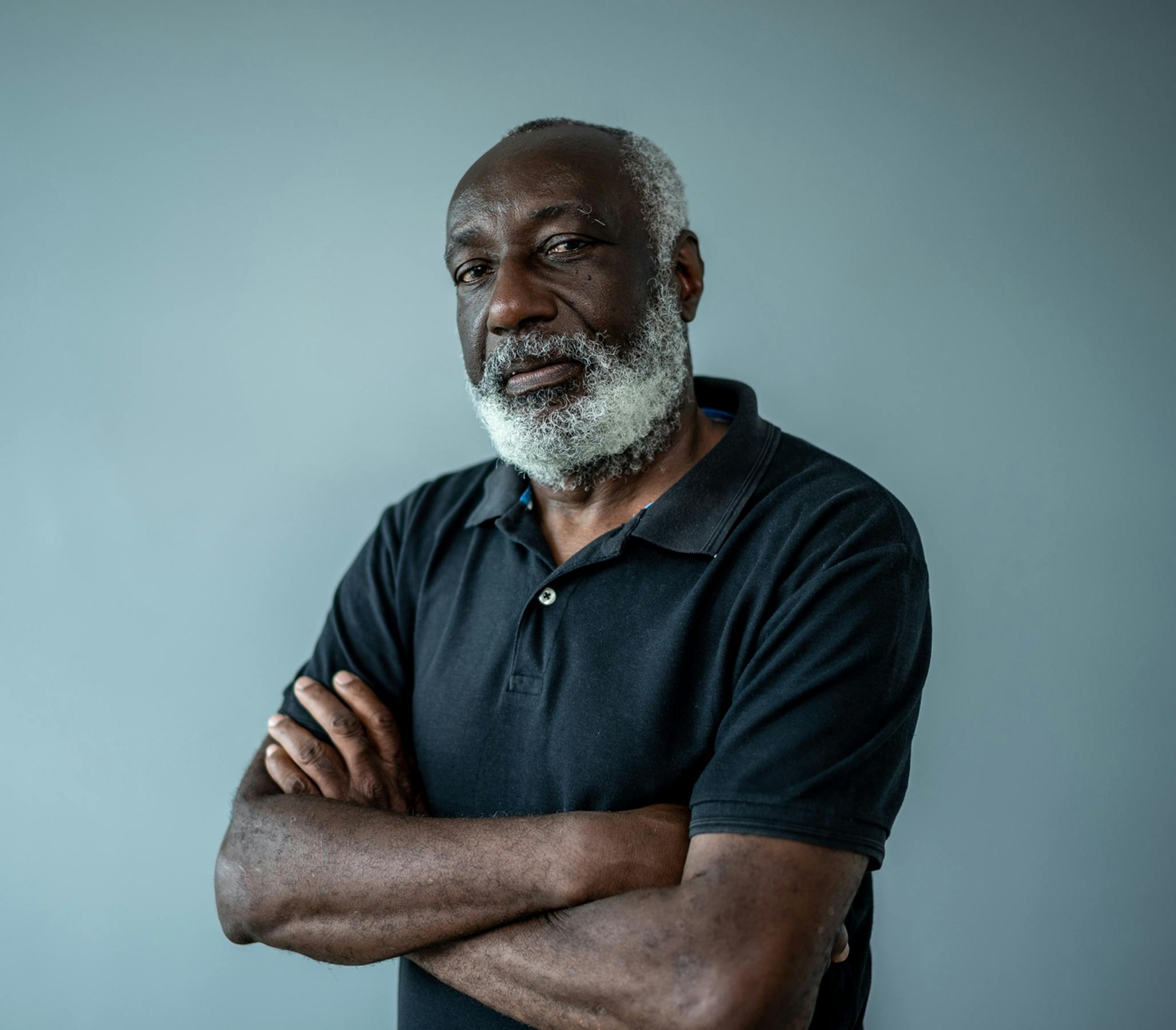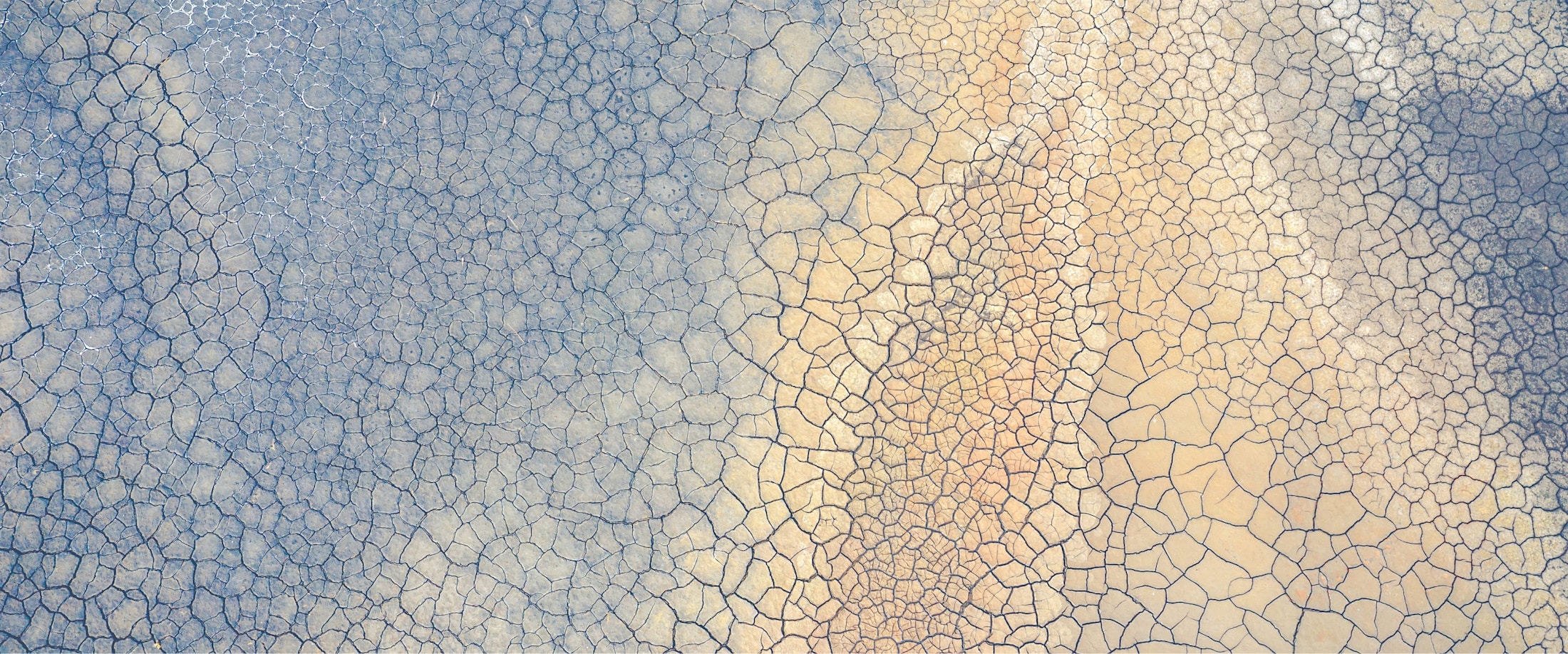Discover expert diagnosis and treatment for venous disease at NJ Vein Specialists. Our advanced diagnostics and treatments can help you enjoy a happier, more comfortable life.
Common venous diseases
At NJ Vein Specialists, we often encounter and treat several venous diseases, including:
- Varicose veins and spider veins: These are visible signs of venous disease where veins become enlarged, twisted, or spider-web-like due to valve failure.
- Deep vein thrombosis (DVT): A serious condition where blood clots form in the deep veins of the leg, potentially leading to life-threatening complications if the clot travels to the lungs (pulmonary embolism).
- Chronic venous insufficiency (CVI): This condition arises when valves fail to function properly, leading to blood accumulation in the veins. CVI can cause varicose veins, leg swelling, pain, skin discoloration, and venous leg ulcers.
- Phlebitis and thrombophlebitis: Inflammation of the veins, often with clot formation, can lead to thrombophlebitis, particularly in superficial veins.







